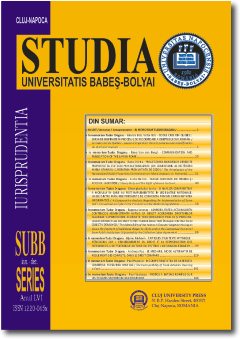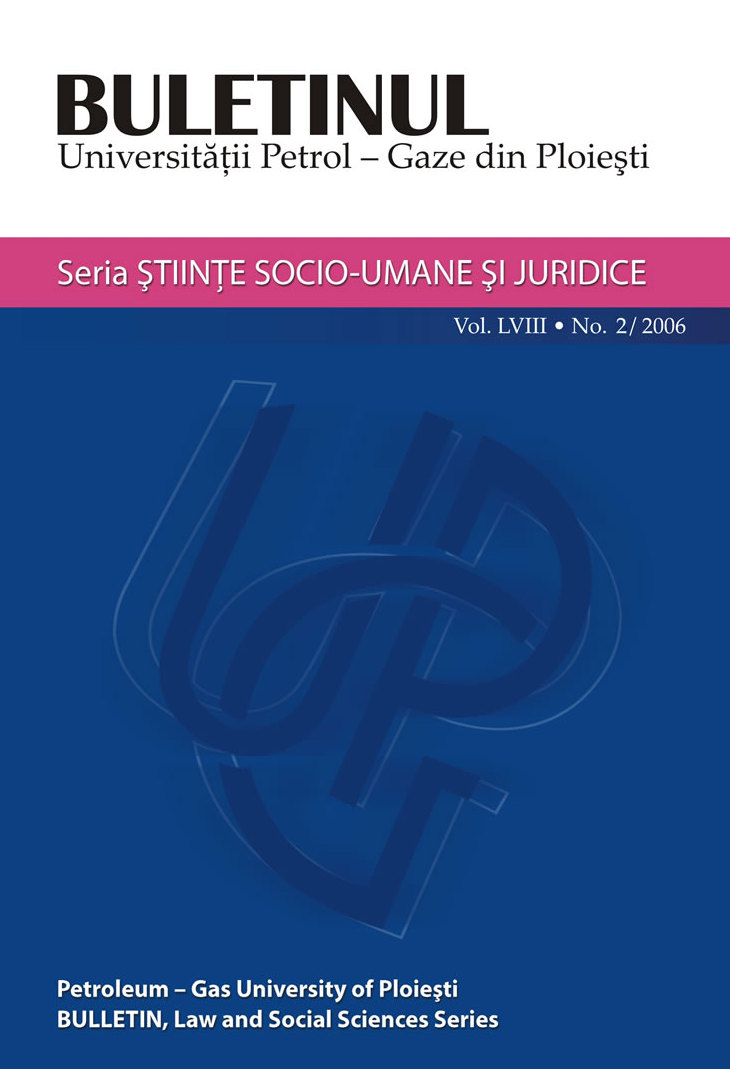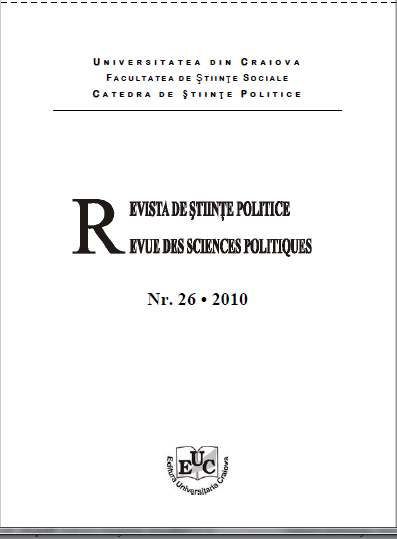Europejskie wyzwania wobec prawa zobowiązań
Author(s): Marek Safjan / Language(s): Polish
/ Issue: 64/2016
Keywords: specificity of European private law mechanisms; autonomy of concepts; impact of the European law on national obligation law: instruments; sources of tensions; role of the EU Court of Justice case-law
At the current stage of the European integration, the problems occurring as a result of the coexistence of the European private law, including contract law, and the national legal systems, find their origins in the differences in legal concepts underlying these legal orders, defined by different goals and hierarchies of values. In European private law, the tendency to protect the weaker party of the contractual relationship is stronger than in national legal systems, or at least some of them. This results from the fact that the European legislator confers particular importance to the consumer protection, employment, public health and access to the public utility services (transport, telecommunications and Internet services, energy). In these very fields, European law limits the parties’ formal autonomy in order to guarantee their actual autonomy. The regulatory functions of the European law determine the content of legal relationships in order to compensate the “deficiency of equality” by strengthening the weaker party and limiting the professional’s rights. By these means a perspective based on the distributive axiology rather than on the commutative function typical for the civilistic relationships is being introduced into private law. This trend is reflected in the EU Court of Justice case-law. The abovementioned tendencies clearly correspond with the ongoing evolution of the national systems of private law under the influence of European law. In other words, the impact of the European law is getting stronger, and this not only by way of introducing new regulations, but also due to the alteration of the methods of legal interpretation and applying the law, by putting emphasis on the wider context of legal mechanisms. This process leads more and more often to consequences, which legal scholars use to characterize as a “publicization” or “constitutionalisation” of the private law.
More...
















